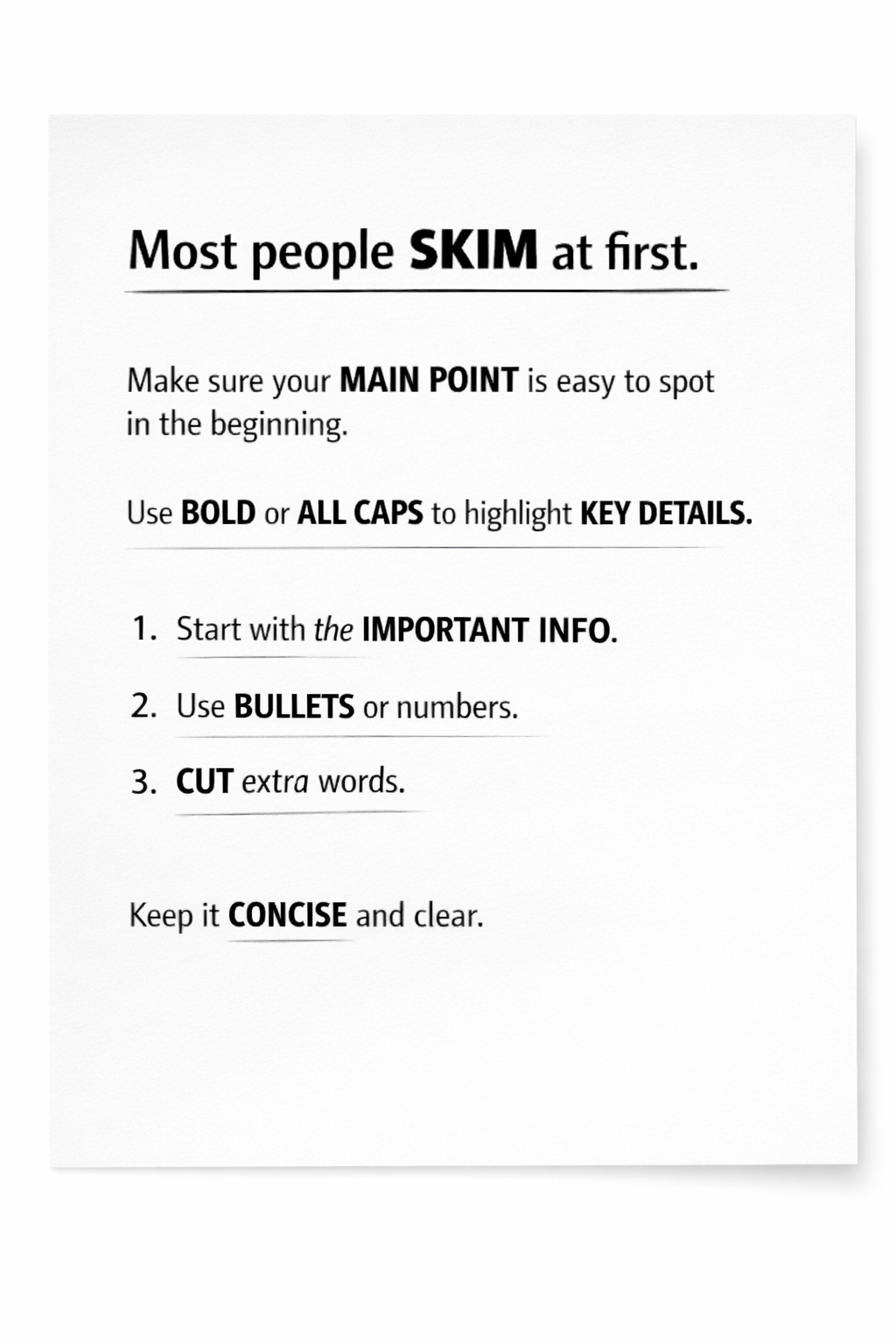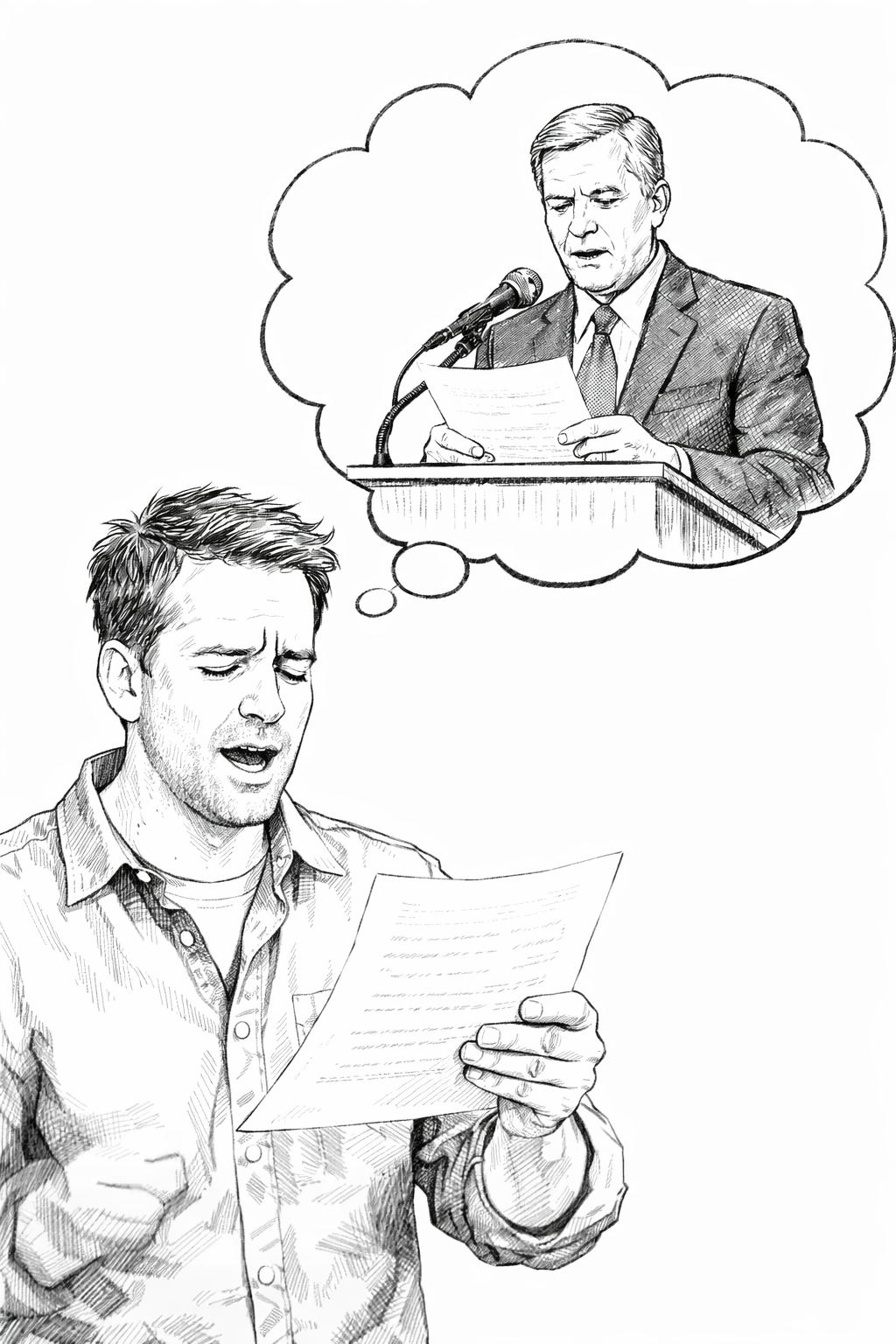Nib #9: Nikki Haley's Clever Pivot
Speeches ending political campaigns are tough. Not only must they (unconvincingly) put a happy face on defeat. They also self-execute old news. As soon as the candidate says “I’m suspending my campaign,” nothing else he or she says really matters anymore.
Nikki Haley had been facing this speech long before she finally gave it after Donald Trump sewed up the 2024 Republican presidential nomination on Super Tuesday. She gave a creditable performance of Concession Speech Greatest Hits — gratitude to supporters, a little policy checklist, quotes from Margaret Thatcher and the Bible.
But one paragraph in Haley’s speech rose above. Where most drop-out speeches would have included an endorsement of the winner, Haley said this:
“It is now up to Donald Trump to earn the votes of those in our party and beyond it who did not support him. And I hope he does that. At its best, politics is about bringing people into your cause, not turning them away. And our conservative cause badly needs more people. This is now his time for choosing.”
This is a clever pivot. Rather than endorsing Trump (yet), she challenges him — encouraging Trump to win the election, yes, while also preemptively blaming him if he loses in November.
The “time for choosing” bit recalls Ronald Reagan’s famous speech of that name. But unlike Reagan, who framed the 1964 election as a time for the American people to choose, Haley is saying 2024 is Donald Trump’s time for choosing. She’s suggesting that the outcome of the November election will be on Trump, one way or the other.
Why is this clever? Because Haley is probably running for president again in 2028.
If Trump wins in November, he will be ineligible to run again, and Haley can begin her campaign by taking credit for Trump doing what she suggested he do. If he loses, Haley’s pitch will be that it was Trump’s own fault, thereby bolstering her case for the nomination even if Trump runs again.
The lesson for young writers here is that even in a composition that is supposed to be formulaic, even clichéd, there is always room for thoughtful, meaningful, strategic prose.
Until next week… keep writing!











